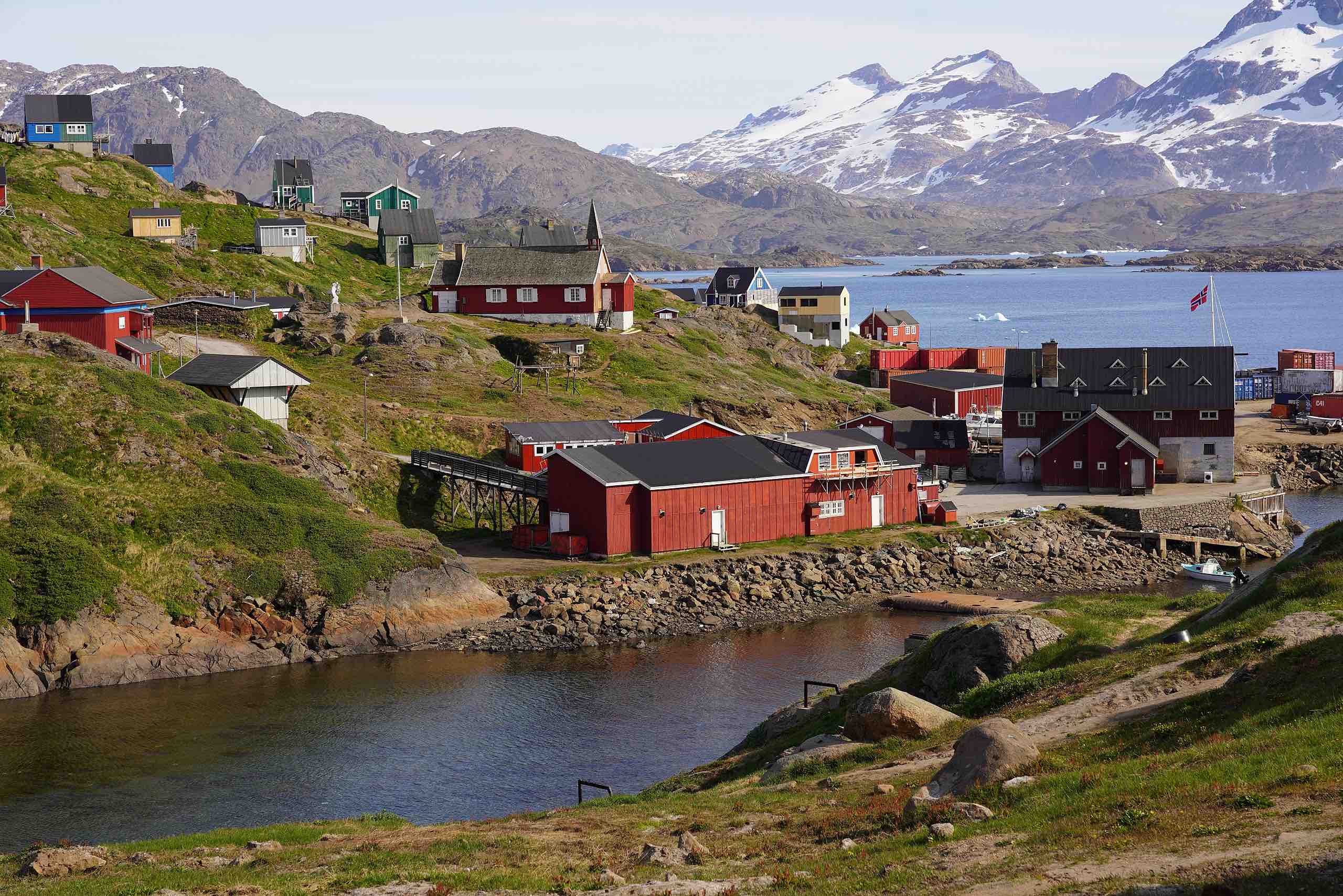


For a small nation used to quiet diplomacy, the episode is nothing short of a geopolitical alarm bell – and Europe cannot afford to ignore it.
Lars Løkke Rasmussen, Denmark’s foreign minister, responded swiftly by summoning the US chargé d’affaires in Copenhagen. “Any attempt to interfere in the internal affairs of the Kingdom of Denmark will of course be unacceptable,” he declared. Yet the implications of the incident stretch far beyond a bilateral spat: Greenland’s strategic position in the Arctic makes it central to NATO’s northern defence and the security of the North Atlantic.
With a population of barely 57,000, Greenland may seem peripheral. In reality, it is a linchpin of European and North American defence. Home to the US Thule Air Base, Greenland hosts critical early-warning missile systems and monitoring stations. Its Arctic waters are opening to new shipping routes as ice retreats, while its mineral wealth – particularly rare earths – attracts global attention. Moscow and Beijing have already shown interest; now Washington itself faces scrutiny for allegedly stirring internal debate in Nuuk.
Denmark is caught in a delicate balancing act. Loyal to NATO and Washington on most issues, it must also maintain sovereignty over Greenland, whose self-rule gives it control over most domestic matters. Any suggestion of external interference threatens to destabilise this fragile relationship, potentially undermining Copenhagen’s credibility and the cohesion of the Kingdom.
Greenland’s population is split between loyalty to Denmark and a growing independence sentiment. Foreign influence, whether intentional or perceived, risks tipping that balance. Even minor shifts could have disproportionate consequences for NATO’s northern perimeter, the security of early-warning installations, and Europe’s Arctic posture. For Danish officials, the stakes could hardly be higher: this is not a domestic issue, but a question of continental defence.
The incident also exposes a broader European vulnerability. If Denmark – a long-standing ally – can be targeted in its own Arctic territories, other nations in the region are likely just as exposed. The West’s northern flank, stretching from Norway through Iceland to Greenland, is emerging as a potential weak point in transatlantic defence. Any erosion of control here would be felt in Brussels and Washington alike, with implications for NATO readiness, Arctic security, and the strategic balance with Moscow and Beijing.
Rasmussen’s decisive response – confronting the US diplomatically while signalling that interference will not be tolerated – is an important first step. Yet Europe must take the wider warning seriously. The Arctic is no longer a peripheral theatre; it is a proving ground for influence, sovereignty, and military readiness. Greenland illustrates how quickly local disputes can become strategic flashpoints, particularly as climate change reshapes the region and great powers compete for access and resources.
Ultimately, the Greenland affair is a test of Western resolve. Europe and its allies must reinforce their presence, secure their northern frontiers, and ensure that sovereignty cannot be undermined by foreign actors – ally or adversary alike. Failure to act decisively risks ceding influence to rival powers, weakening NATO’s northern flank, and creating vulnerabilities that could be exploited at the very edge of Europe.
Greenland is small, remote, and icy, but its significance could hardly be greater. What happens in Nuuk will resonate far beyond the Arctic, offering a stark lesson for Denmark and Europe: in a world of renewed great-power competition, even the most distant outposts are battlegrounds, and Western complacency comes at a strategic cost no ally can afford.
Main Image: By Ray Swi-hymn from Sijhih-Taipei, Taiwan – 20190626_Harbor_0308, CC BY-SA 2.0, https://commons.wikimedia.org/w/index.php?curid=81194354